For over 17 years, players have traveled back in time to several dynamic eras of world history throughout the Assassin’s Creed franchise. From the religious wars of the Third Crusade in the late 12th century within the Holy Land to the rapid conflicts in England spun from the Industrial Revolution in the late 19th century, players have been able to embody heroic Assassins of all kinds to help defend people’s freedom. Along the way, many historical figures and fictionalized inhabitants of numerous nations were recreated and encountered to help accurately depict the ancient civilizations Assassin’s Creed games take place in. While many would become allies to the Assassins, others were dastardly villains loyal to the Templar cause of creating peace and order through domination.
In many ways, the antagonists of an Assassin’s Creed game can defy the success, engagement, and legacy of an Assassin’s Creed story just as much as the protagonists could. Every great story needs an understandable, conniving, fear-inducing, and alluring villain, just as they need a relatable, thought-provoking, and inspiring hero or lead for audiences to root for. With 30 games making up the entirety of the Assassin’s Creed series and the 31st coming out soon with Assassin’s Creed Shadows, it’s worth taking a look at every primary antagonist seen in the Assassin’s Creed franchise. Each antagonist will be ranked by their impact on the protagonists, maniacal schemes, and efficiency in completing their goals.
Spoilers ahead for the
Assassin’s Creed
series.
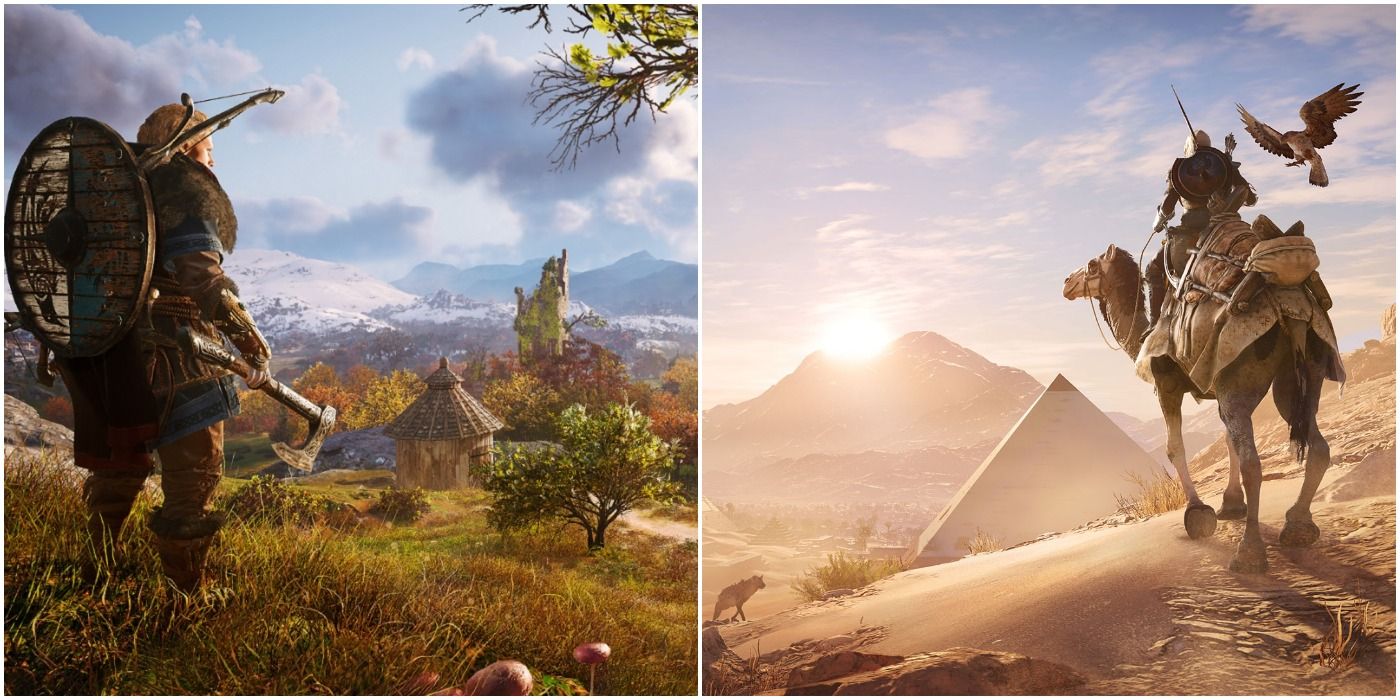
Related
All Assassin’s Creed Games, Ranked By Best Open World
Assassin’s Creed is synonymous with expansive open worlds, but which entry in Ubisoft’s franchise is the best in this area?
S-Tier: Standout Assassin’s Creed Antagonists
- Al Mualim
- Cesare Borgia
- Charles Lee
- Haytham Kenway
- Julius Caesar
- Rodrigo Borgia
- Warren Vidic
- Zhang Yong
Assassin’s Creed’s best villains are ones that are as complex as the protagonist themselves or, at times, even more so. Most longtime series fans may give Haytham Kenway from Assassin’s Creed 3 and Rogue the title of the best antagonist in the entire franchise due to his morals, honor, and way to convince characters and players that his goal and the Templar Order may be right with logic. He justifyingly criticized the American patriots and the Colonial Assassin Brotherhood and swayed many fans to his side when gamers were able to play as him for three sequences. Kenway’s flaws were that he failed to see how his underlings abused their positions and punished the colonists and Native Americans and put the Templar Order above family.
Other great Assassin’s Creed antagonists were characters that continuously threatened protagonists directly and helped inadvertently mold Assassins into the heroes they would become. Villains such as Al Mualim, Rodrigo Borgia, and Warren Vidic used people’s lives for their own ends, no matter the moral quandaries which ultimately sealed their own fates. Altaïr Ibn-LaʼAhad rose above Mualim’s greed to become a selfless hero who rebuilt the Assassin Order with the goal of protecting people’s freedoms. Ezio Auditore initially sought revenge against Borgia but grew to become a great mentor to a whole new generation of Assassin’s and the downtrodden. Desmond Miles used lessons from his ancestors to stop Vidic’s goal of domination and ultimately learned to sacrifice his life for the entire world.
A-Tier: Quality Assassin’s Creed Antagonists
- Achilles Davenport
- Cleopatra
- Deimos
- Dominika Wilk
- Madeleine de L’Isle
- Prince Ahmet
- Robert de Sable
- William Sleeman
Some Assassin’s Creed antagonists never reached the impactful or convincing heights as those previously mentioned but still left lasting impressions on players’ experiences. Achilles Davenport was one such antagonist, being both a mentor in Assassin’s Creed 3 and an antagonist in Assassin’s Creed Rogue. Davenport’s actions can be linked to the downfall of the Colonial Brotherhood as his grief from the loss of his wife and son and desire to withhold Precursor artifacts from the Templars led him to ignore the tenants the Assassins lived by. This led to the death of thousands of innocents and the betrayal of Shay Cormac. Though Davenport would learn to regret his actions, it was far too late to prevent further destruction.
Many antagonists were conniving and despicable in their goals but were either revealed too late in games to make greater impacts or were underutilized compared to their potential. Madeleine de L’Isle from Assassin’s Creed 3: Liberation was one such villain, as she was the stepmother of protagonist Aveline de Grandpré. However, her true intentions and role as Master Templar were weighed down by her absence in most of Liberation’s runtime. Similarly, Alexios A.K.A. Deimos was the brother to Kassandra in Assassin’s Creed Odyssey but trained at an early age to be a weapon for the Cult of Kosmos. Despite his complex character and relationship with his sister, Deimos was seldom used in Odyssey’s story to make a significant impact on the game’s narrative.
If players choose to play as Alexios in
Assassin’s Creed Odyssey
, Kassandra will fill the role of Deimos throughout the game.
B-Tier: Fine, But Forgettable Assassin’s Creed Antagonists
- Armand Bouchart
- Bartholomew Roberts
- Basilisk
- Basim Ibn Ishaq
- Crawford Starrick
- François-Thomas Germain
- Pierre, Marquis de Fayet
- Ptolemy XIII
Several Assassin’s Creed antagonists have little to no major role or impact in their games’ stories despite being the primary antagonists. Bartholomew Roberts from Assassin’s Creed 4: Black Flag may serve as the primary villain to Edward Kenway, but he seldom appears in the game and barely acts as a villain towards the pirate. Instead, Roberts acted more as a nuisance and a MacGuffin for the Assassins and Templars to chase after in order to discover the Observatory. Similarly, Basim Ibn Ishaq only acted as an ally to Eivor Varinsdottir for most of Assassin’s Creed Valhalla until the ending where his true identity as Loki was revealed. Basim’s role as an antagonist is further diminished as he still intends to help the Assassins.
Numerous antagonists had little roles in their Assassin’s Creed games’ narrative and lacked character complexity, appearing to be simply evil for evil’s sake and to act as someone for the player to fight against in a concluding boss fight. Both Assassin’s Creed Unity’s François-Thomas Germain and Assassin’s Creed Syndicate’s Crawford Starrick were susceptible to this distinction. Germain, while he orchestrated the death of Arno Dorian’s adoptive father, François de la Serre, he didn’t truly play a prominent role till the game’s climax and served primarily to kill Elise de la Serre. Strarrick had no complexity to his goals, with those being to acquire the Shroud of Eden and use its powers to embolden his abilities as he sought to rebuild England’s leadership in his own image.
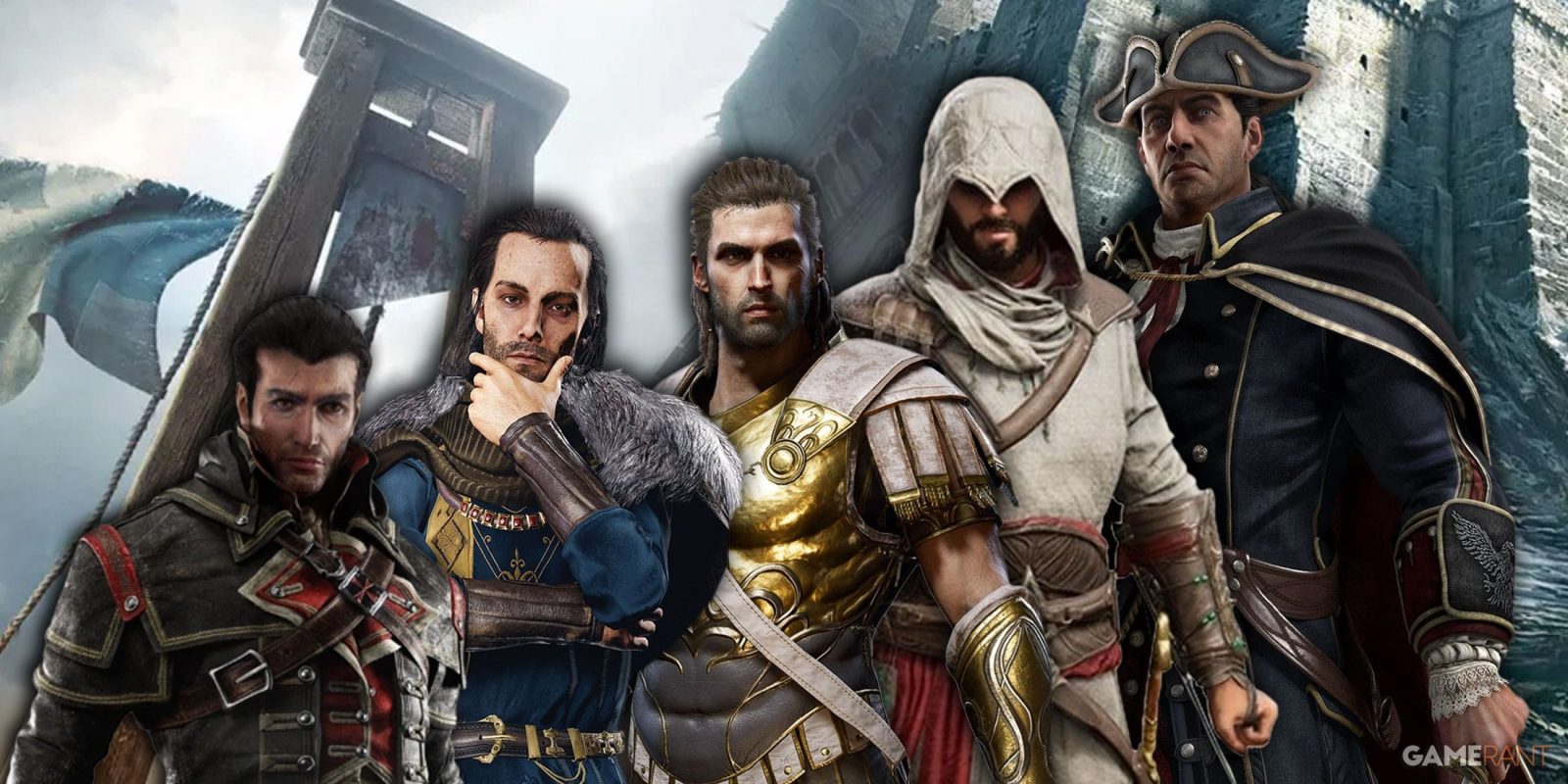
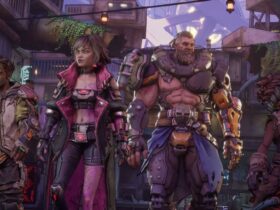
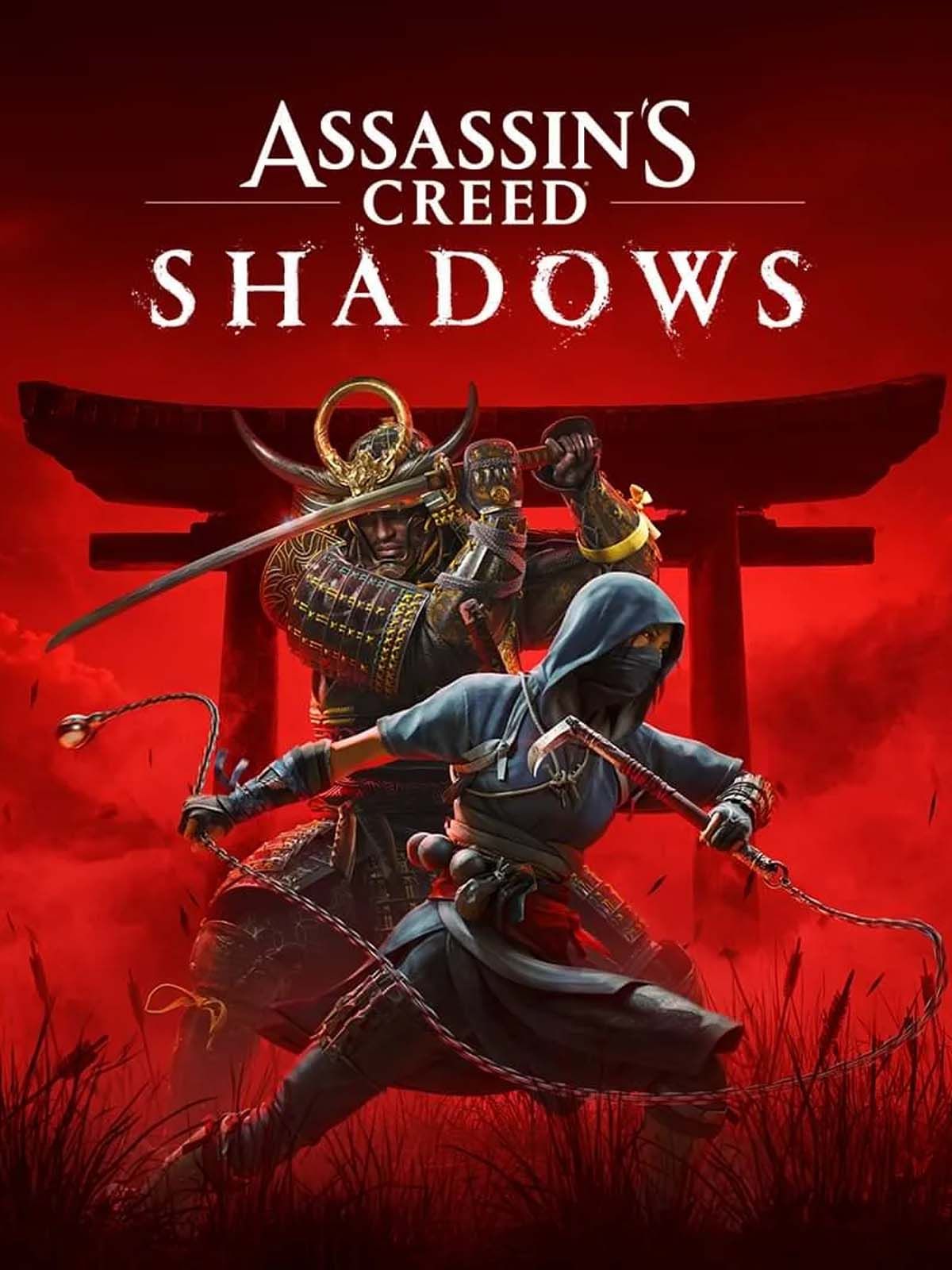
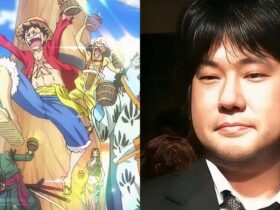
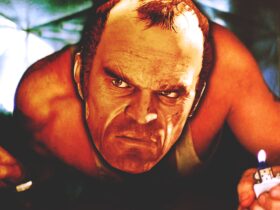





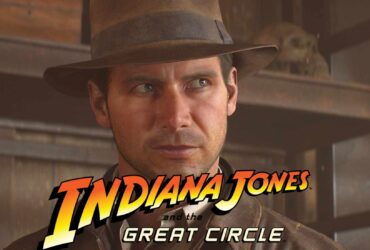

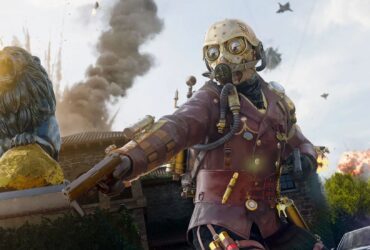
Leave a Reply